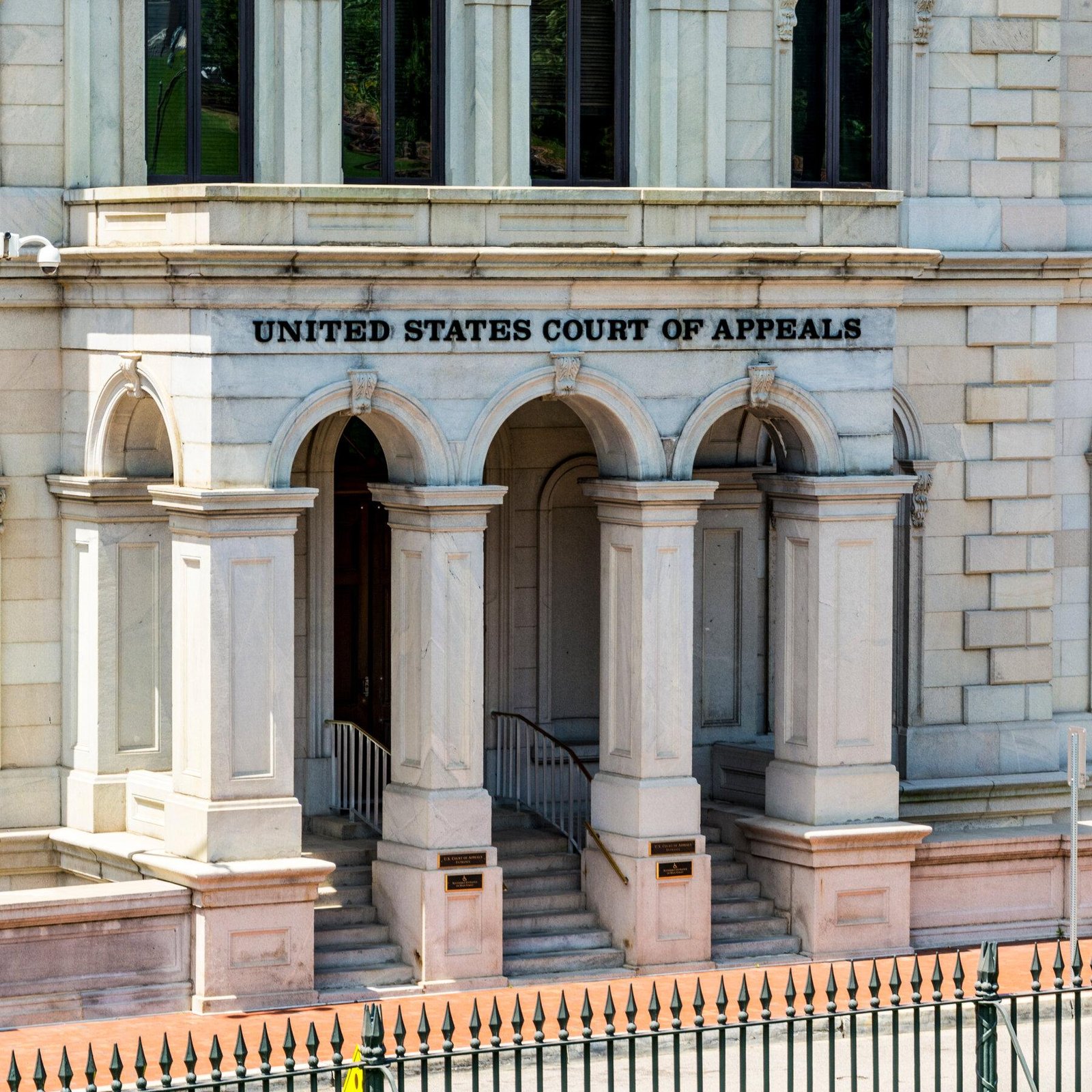
On the legal battlefront, the fate of TikTok, the popular social media platform, hangs in the balance. A federal appeals court has taken a pivotal step, delivering a decision that echoes through the digital landscape. In this article, we navigate the courtroom drama, examining the arguments, dissecting the rulings, and exploring the broader implications for TikTok, its users, and the future of social media regulation. As the legal winds swirl, we aim to provide a clear and dispassionate account of this unfolding legal saga.
– The Bans Implications for Freedom of Expression and Data Security
The decision to ban TikTok raises concerns about freedom of expression and data security.
Freedom of Expression
- The ban could be seen as a form of censorship, infringing on the rights of individuals to express themselves freely.
- Shutting down platforms like TikTok may stifle creativity and limit the dissemination of diverse perspectives, especially among young people who heavily utilize these platforms.
Data Security
- TikTok’s massive user base is a source of extensive data collection, and the ban raises questions about the consequences for the security of this data.
- The court’s ruling does not address the fate of the personal information already gathered by TikTok, leaving open the possibility of breaches or misuse.

– Legal Precedents and Future Challenges in Regulating Social Media
Implications for Social Media Regulation
The court’s decision underscores the growing scrutiny faced by social media companies and the ongoing debate over the appropriate scope of government regulation in this realm. The ruling has far-reaching implications for both TikTok and other social media platforms, as it sets a precedent for how courts may interpret and apply national security concerns in future cases involving foreign-owned tech giants.
Unresolved Challenges and Future Directions
While the court’s decision provides clarity in this specific instance, the broader legal framework governing social media regulation remains complex and uncertain. Unresolved challenges include balancing national security concerns with freedom of expression, navigating the intersection of private company practices and public interest, and addressing the evolving nature of online communication technologies. The next chapter in this legal saga is yet to be written, and it will require continued engagement from policymakers, industry leaders, and civil society organizations to develop a comprehensive regulatory framework for the digital age.
Key Takeaways
As the battle over TikTok’s fate continues, this ruling serves as a reminder that the digital landscape is a complex arena where technological advancements collide with national interests and legal complexities. The outcome of this ongoing saga will undoubtedly shape the future of social media and the role it plays in our globalized world.